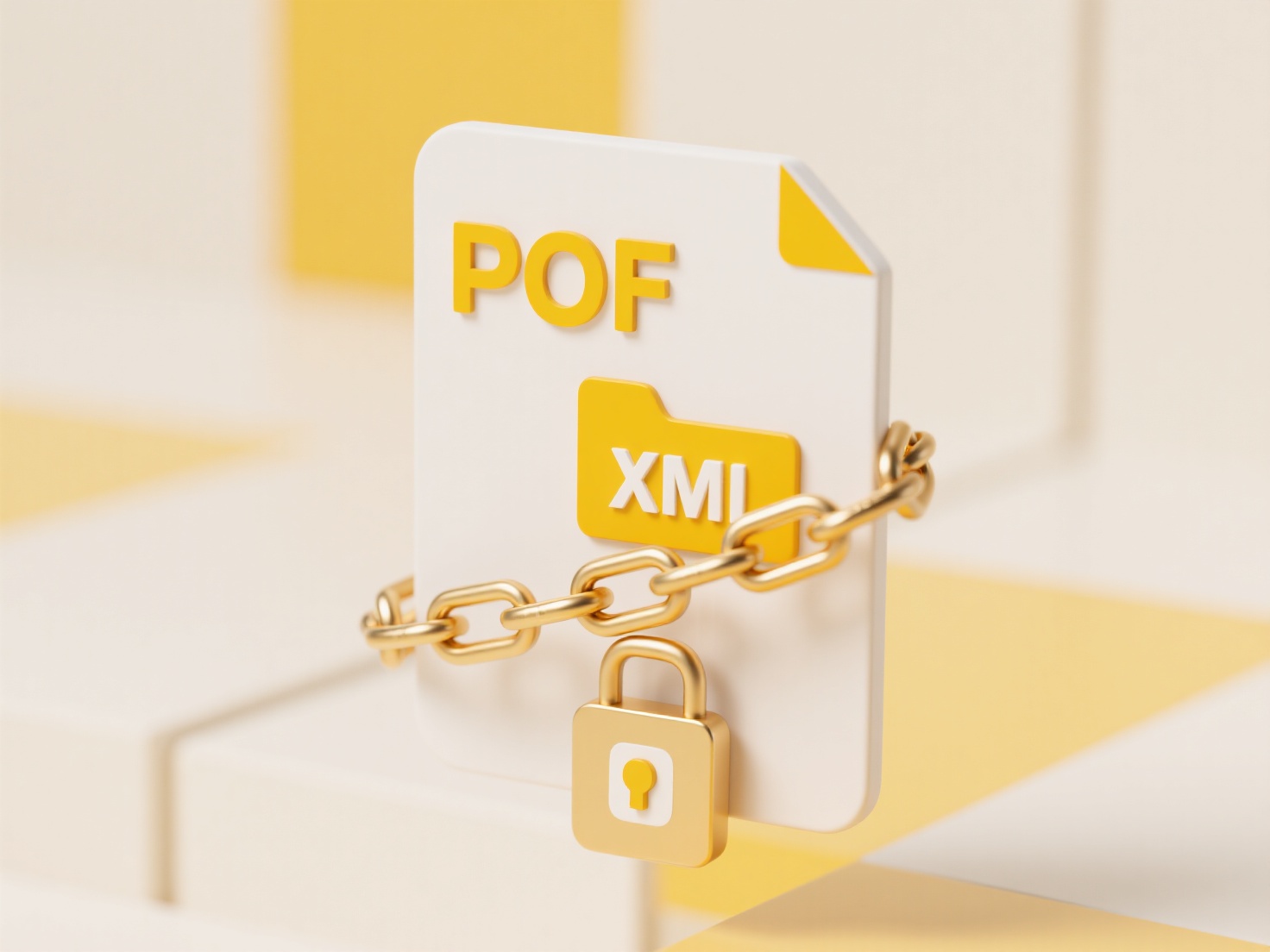
File names can include currency symbols (like $, €, £) and numeric formatting characters (such as commas, periods, or spaces) if supported by the underlying file system and operating system. This means you can technically create filenames like "Project_Budget_€1000.csv" or "Report_$1,000,000.pdf" on common systems today (like NTFS on Windows, APFS/HFS+ on macOS, or ext4 on Linux). It's different from basic alphanumeric characters only because these special symbols might cause compatibility issues in specific older systems, software, or when transferring files.

Such naming is often used for clarity in financial or business documentation. For instance, an accountant might name an export "Q1_Sales_$450K.xlsx" for quick recognition within their folder. E-commerce platforms managing product images could use filenames like "product_image_£49.99.jpg" directly reflecting the displayed price. Tools ranging from local file explorers to cloud storage services (OneDrive, Dropbox, Google Drive) typically support displaying these characters.
While this improves human readability by embedding meaning directly into the filename, it has limitations. Certain reserved characters (like /:*?"<>| on Windows) and characters specific to other languages might still be forbidden. Issues can arise with command-line tools, legacy software, or scripts not properly handling special characters, potentially causing errors. Using special symbols excessively can also make automated parsing difficult. Consider simpler alternatives like underscores instead of spaces for maximum cross-system reliability.
Can file names include currency or numeric formatting (e.g., $100)?
File names can include currency symbols (like $, €, £) and numeric formatting characters (such as commas, periods, or spaces) if supported by the underlying file system and operating system. This means you can technically create filenames like "Project_Budget_€1000.csv" or "Report_$1,000,000.pdf" on common systems today (like NTFS on Windows, APFS/HFS+ on macOS, or ext4 on Linux). It's different from basic alphanumeric characters only because these special symbols might cause compatibility issues in specific older systems, software, or when transferring files.

Such naming is often used for clarity in financial or business documentation. For instance, an accountant might name an export "Q1_Sales_$450K.xlsx" for quick recognition within their folder. E-commerce platforms managing product images could use filenames like "product_image_£49.99.jpg" directly reflecting the displayed price. Tools ranging from local file explorers to cloud storage services (OneDrive, Dropbox, Google Drive) typically support displaying these characters.
While this improves human readability by embedding meaning directly into the filename, it has limitations. Certain reserved characters (like /:*?"<>| on Windows) and characters specific to other languages might still be forbidden. Issues can arise with command-line tools, legacy software, or scripts not properly handling special characters, potentially causing errors. Using special symbols excessively can also make automated parsing difficult. Consider simpler alternatives like underscores instead of spaces for maximum cross-system reliability.
Related Recommendations
Quick Article Links
How do I document file storage policies?
File storage policies are documented guidelines outlining how an organization manages electronic data throughout its lif...
What is the difference between .zip and .rar?
ZIP and RAR are both file formats used for compression and archiving. Compression reduces file size to save storage spac...
Why do duplicates keep reappearing after I delete them?
Duplicates often reappear after deletion because data sources or systems automatically regenerate them. This typically h...